Want to upgrade your cotton fabric into a heavyweight yet plain woven one? Check out this article to get more information to select your favorite duck cloth among all the workwear fabrics available on the market.
Before going to know more about duck cloth, let us get introduced first to what is duck fabric. Duck Fabric is nothing but woven with two yarns attached in the warp with a single yarn together in the weft part. Duck cloth is also renowned as “Cotton Duck”, and even “Duck Canvas” for its feature of being heavy, plain yet bold.
Table Of Contents
What is Duck Cloth?
Duck cloth or cotton duck is a robust workwear fabric with plain woven pattern canvas found in 100% cotton material. The fabric is not related to the waterfowl or the feathers. However, the “Duck” term denotes the word “Doek”, which is of Dutch origin. Here, Doek means the linen canvas that sailors used to wear as white outwear. “Duck Cloth” sometimes refers to the linen duck cloth which is traditional. But Cotton duck is solely related to the work-ready cloth.

The workwear fabric can be found in the four-walled canvas and shelters. Such fabrics come in dull colors like unbleached white, tan, and multiple shades of brown and green. You may think that the clothes seem dirty, but they do not seem.
What is Duck Cloth Made of?
Duck cloth is made both as a single-fill and double-fill canvases. Single-fill fabric comes in oz per square yard weight. On the other hand, we can categorize double-fill cloths by numerical numbers (1-12) for being the heaviest (1) to the lightest (12) numbers.
The fabric is made by combining a robust weave with the durability stance of cotton. This way of making allows the fabric to be more wear and tear-resistant to both water and wind. Besides, the fabric has a uniform surface keeping the threads separated closely. Being a hefty material, the fabric is used mostly in the woven textile industry.
The use of genuine cotton turns the fabric into a high thread and tight weave. For a better understanding of the fabric, it is estimated that the duck cloth never contains any synthetic. In some early cases, linen can be found apart from the cotton material as the core component in the making of these cloths.
Properties
|
Features |
Characteristics |
|
Manufacturing Materials |
Plain and Raw Cotton or PVC linen treated. |
|
Fabric Breathability |
Less Breathable |
|
Fabric Burn-Resistance |
Burn-resistant with certain flammability. |
|
Hypoallergenic feature |
Yes |
|
Fabric Stretchability |
Depends on the material used |
|
Moisture-wicking Capabilities |
High |
|
Water-Resistance Abilities |
High |
|
Fabric Sewing Durability |
Yes |
|
Prone to Bubbling/pilling |
Low |
|
Recommended Washing Temperatures |
Medium to Hot |
|
Applications |
Décor Items, backpacks, and wardrobe. |
Properties
Advantages and Disadvantages
Advantages
Duck cloths are widely accepted for being easy to use, affordable pricing, durable, and standard quality material. To help you find suitable cloth on the market according to your need, the advantages have been clearly mentioned in the following segment. These are:
- Smooth Surface: The fabric has a smooth surface compared to other fabrics with no risk of tearing apart.
- Classy Workwear Fabric: It is one of the most classic work-wear fabrics in the textile industry with the ability to block the wind. The fabric is popular in winter-weather countries.
- Available in Both Natural and Bold Colors: It is available in both natural and bold-dyed colors both.
- Visually Appealing: The fabric is extraordinary for long-lasting sewing and stylish appeal in decorative items. The clothes used in the garment wear, are also quite good at looking at.
- Durability: Although the material will vary from one brand to another, the consideration always goes to the quality and the performance of the components. Keeping in mind all these features, we can undoubtedly assure you that the fabric is long-lasting for optimal use.
- Comes in a Variety of Size and Weights: Duck cloths offer us a diversified range of weights, measured in ounces. Side by side, the fabric makes sure we have flexibility while using with the vibrant appeal.
- Affordable Price: You can find duck cloth at wholesale prices in many shops.
Not all fabrics are worthy buying of. Because there are also a few disadvantages too. These are:
Disadvantages
- Slightly Flammable: Duck cloth is certainly not burn-resistant. The risk is higher if you are nearby any campfire. In that case, a few small sparks may not ruin the fabric, but other synthetics may end up creating a tiny hole everywhere.
- Uncomfortable Use in the First Place: You may find the cloth uncomfortable while wearing it for the first time. Later, it turns out into a comfortable and non-stiff use.
- Looking After Duck Cloths: Duck Cloths are mostly machine-cleaned and dried at the same time. The coolest solution would be to use cool water with low tumble drying. Washing may soften the fabric, but waxed duck cloths need no such washing. For the iron part, steam iron using can be favorable to remove wrinkles.

What is Duck Cloth used for?
Starting from sneakers to canvas painting, sandbags, and tents, we can see the wide-ranging use of duck cloth. If we note down the commonly used items of this cloth, we will say, there are aprons, shoes and sneakers, totes, duffel bags, all types of travel bags, carriers, creating new furniture, slipcovers, and whatnot. The cloth is in the most advantageous position because we can make the fabric waterproof. Most of the online market platforms sell duck fabric in creative home-décor projects that come in solid colors. Moreover, the cloth or the fabric can be used as a floor-covering material for cushions, sofas, and chairs in the living room items. The guaranteed thing that everyone would appreciate is the use of 100% cotton content material.
Applications:
- Shoes & Sneakers
- Tents
- Aprons
- Backpacks
- Duffel bags
- Handbags
- Shoes
- Baby carriers, and so on.
Final Words
Based on your intended purpose, duck cloth can be found in both printed and dyed conditions. Besides, it offers a variety of colors, patterns, and weights. The difference made from one fabric to another is the thread count, the width, and the style of weaving. Apart from all the disadvantages, the clothes may possess, the most advantageous thing is to create versatile sewing patterns.


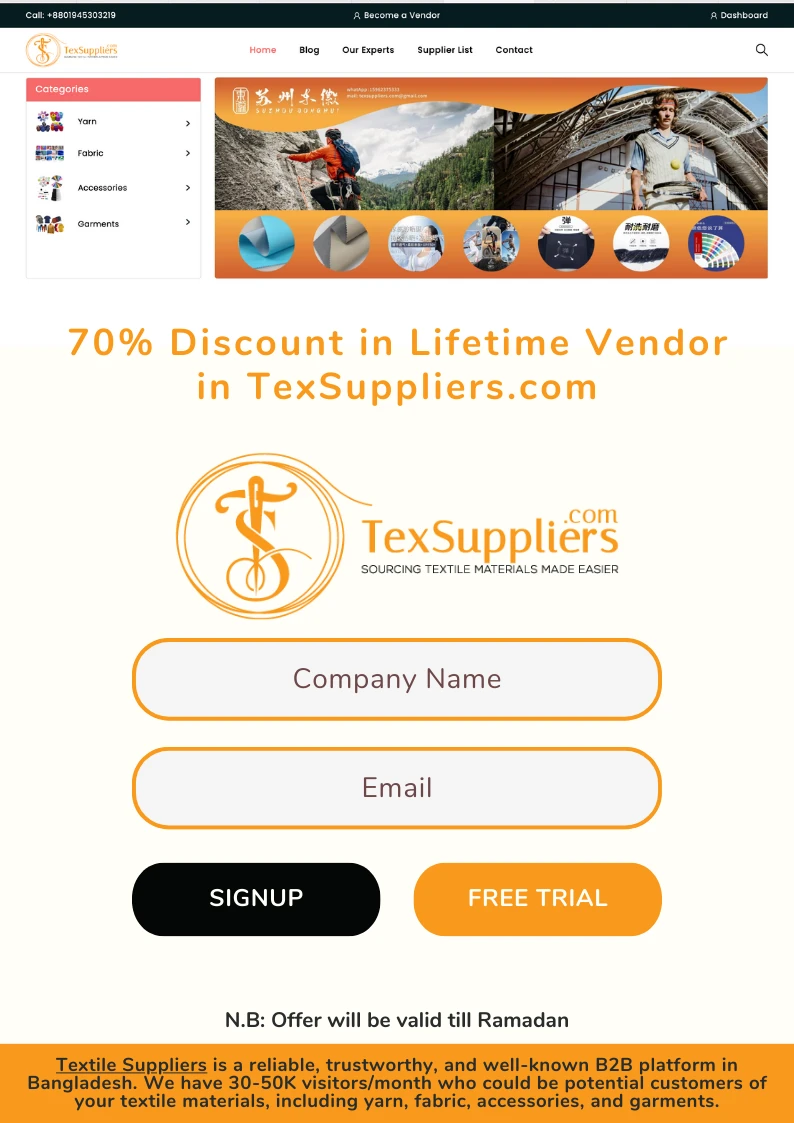
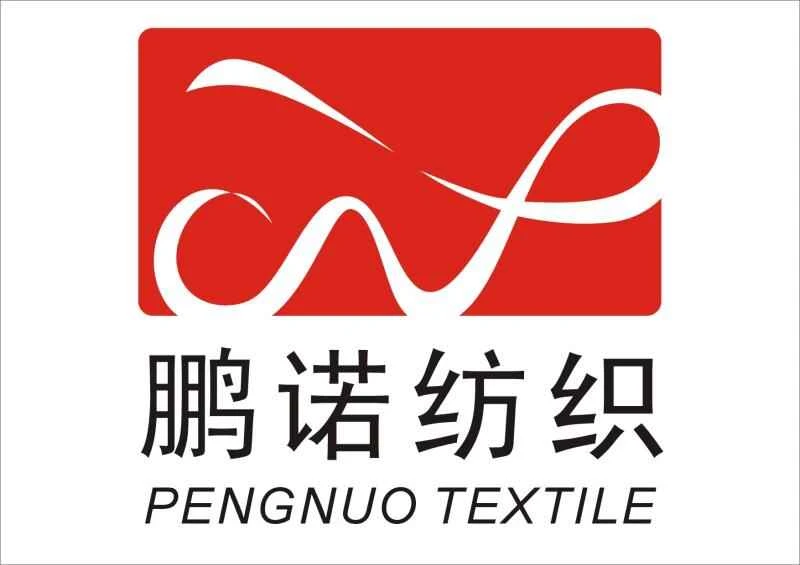

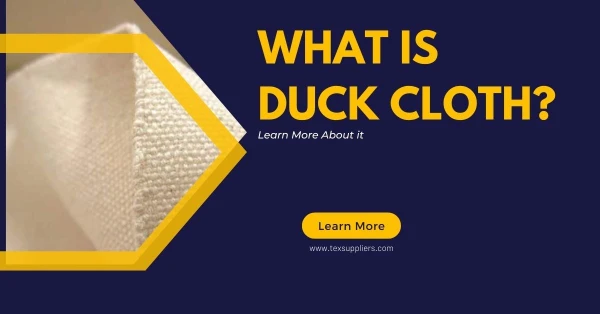
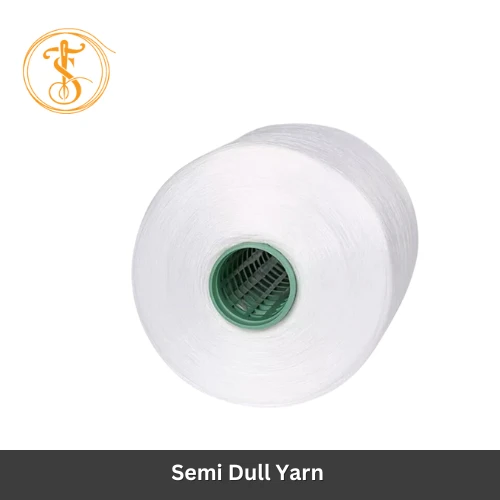
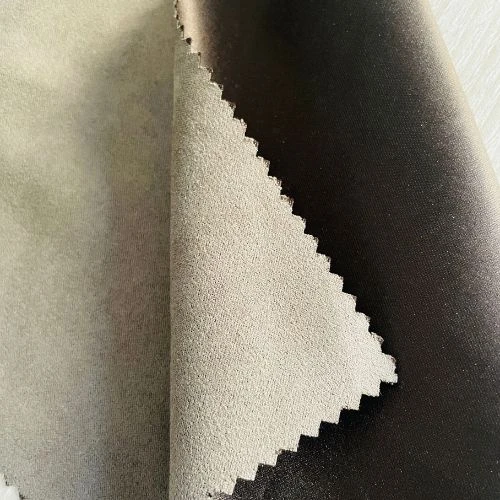
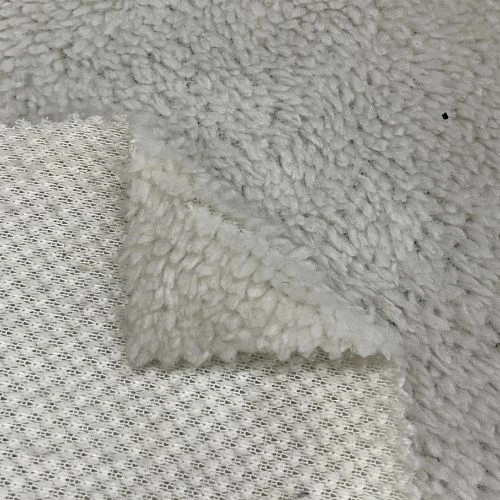
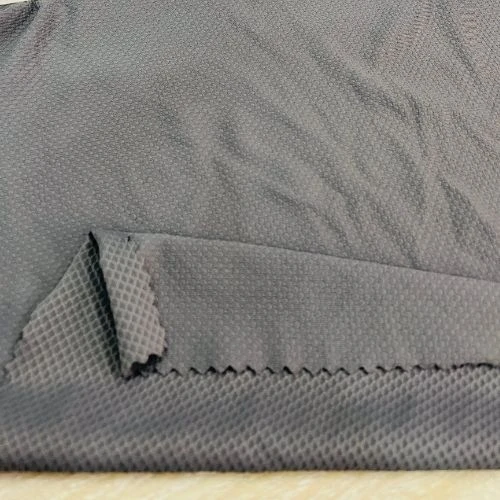

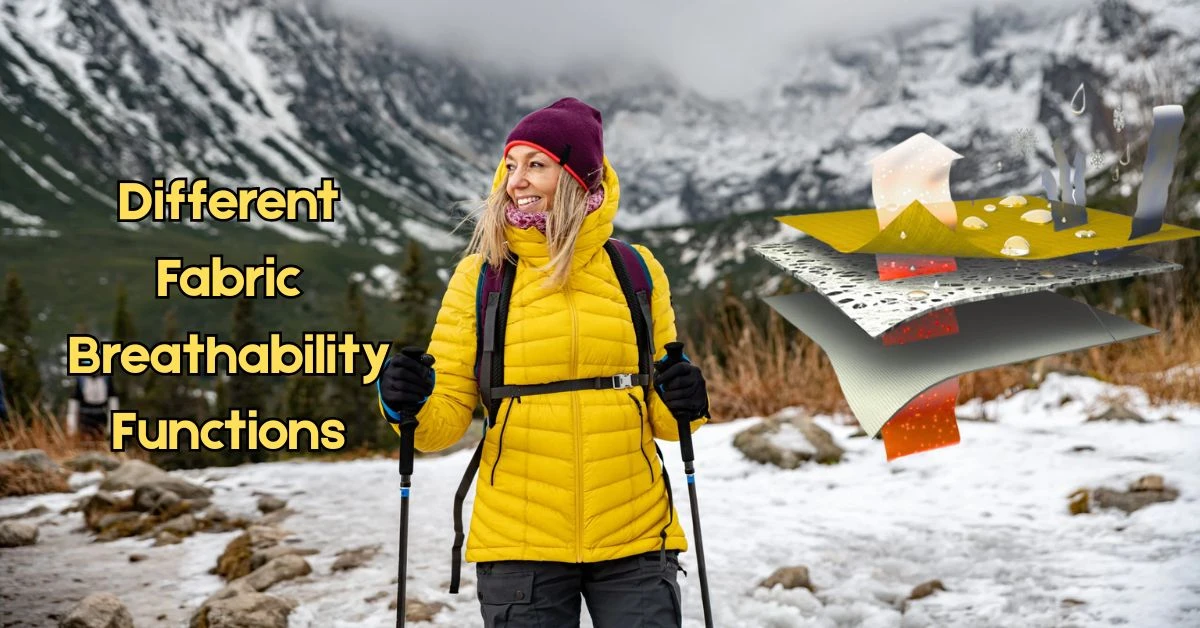
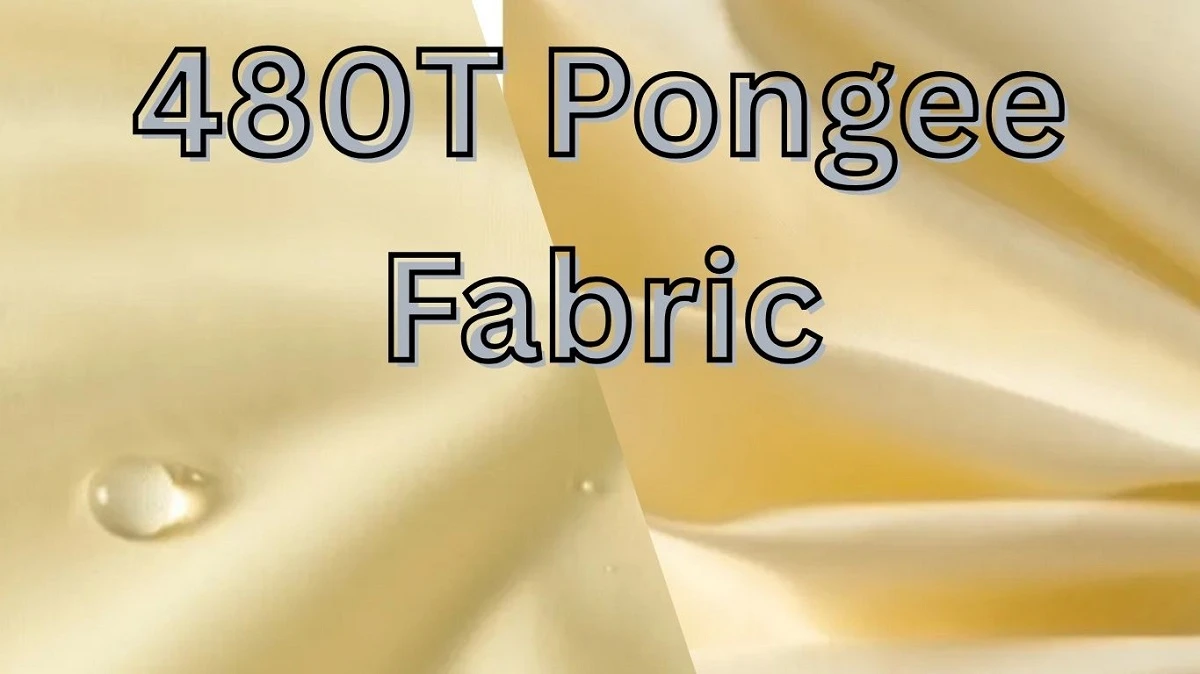
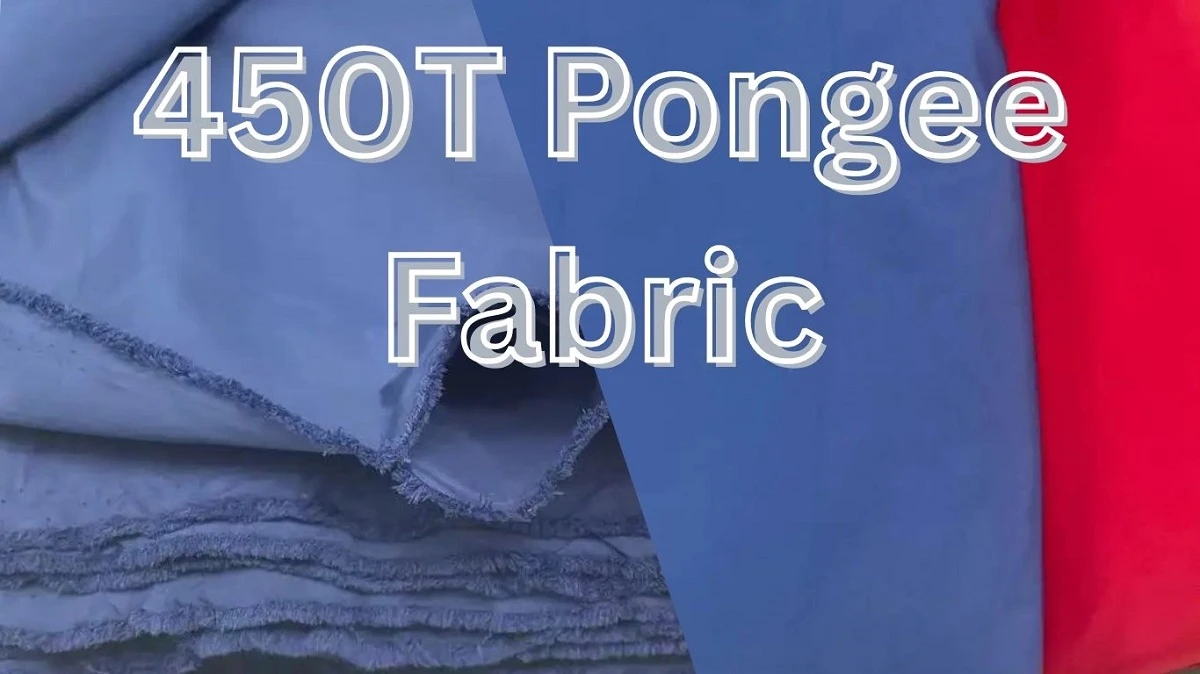
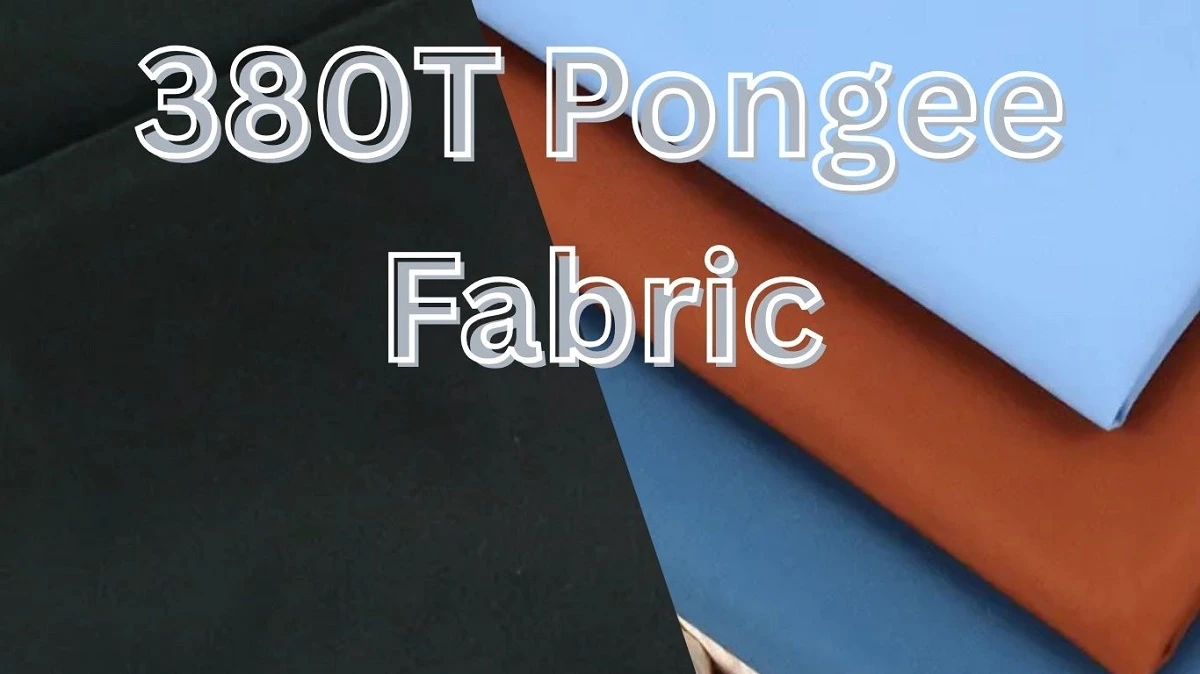
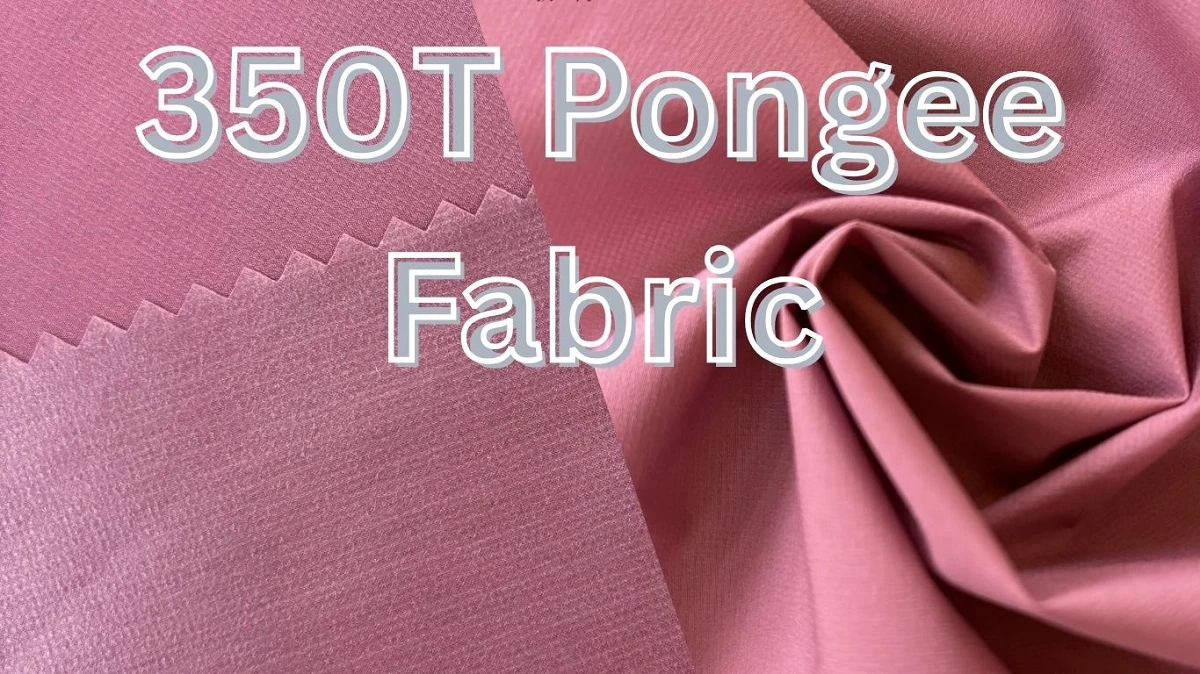
Comments - 00
Leave A Reply
Thanks for choosing to leave a comment.